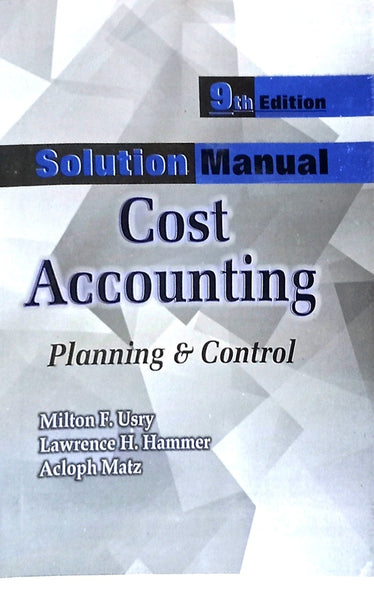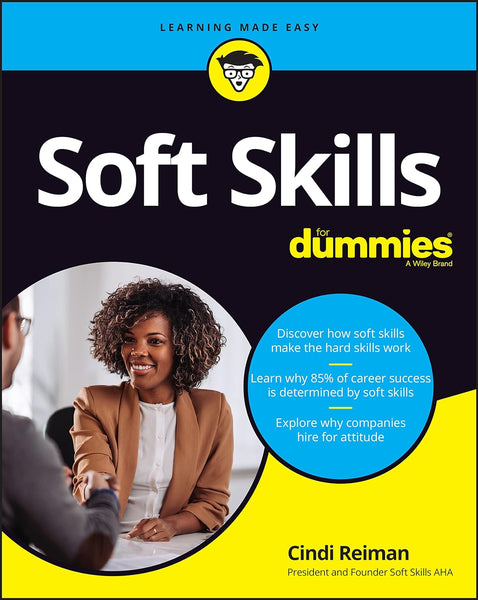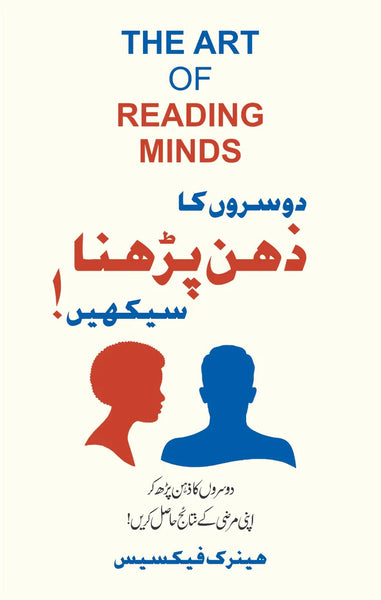The Fifth Discipline: The Art & Practice of The Learning Organization by Peter M. Senge (Author)
- Publisher: MANAGEMENT SCIENCES
- Availability: In Stock
- SKU: 15527
- Number of Pages: 412
Rs.890.00
Rs.1,195.00
Tags: action learning , adaptive learning , alignment of goals , alignment of purpose , and sustaining change. , best books , Best Selling Books , capacity building , capacity for change , change agents , coaching and mentoring , coaching cultures , collaboration and teamwork , collaborative learning , collective intelligence , community building , complexity in organizations , continuous improvement , creating synergy , creativity in organizations , development strategies , dynamics of change , evaluation methods , feedback mechanisms , future-oriented thinking , good books , holistic management , innovation in organizations , inquiry-based learning , integrative thinking , knowledge management , knowledge sharing , leadership styles , learning culture , learning cycles , learning environments , learning from failure , learning organization , management theory , organizational change , organizational effectiveness , organizational health , organizational mission , organizational resilience , organizational values , overcoming resistance , performance improvement , personal mastery , Peter M. Senge , practice of learning , reflective practice , research and development , role of leaders , shared values , shared vision , skills development , stakeholder engagement , strategic thinking , systemic change , systems archetypes , systems dynamics , systems thinking , team learning , theory of learning , transformative learning , vision-driven leadership , visioning , workforce development , workplace culture
The Fifth Discipline: The Art & Practice of The Learning Organization by Peter M. Senge is a seminal work that introduces the concept of the "learning organization," emphasizing the importance of fostering a culture of continuous learning and adaptation within organizations. Senge argues that traditional management practices often hinder innovation and growth, and he presents a framework that encourages organizations to develop systems thinking, personal mastery, mental models, shared vision, and team learning as core disciplines. The book draws on a variety of disciplines, including psychology, systems theory, and organizational development, providing readers with practical tools and strategies to implement these principles in their own organizations. Through real-world examples and thought-provoking insights, Senge illustrates how organizations can transform into adaptive and resilient entities, capable of thriving in an increasingly complex and dynamic environment.
Keypoints with Explanation:
-
Systems Thinking: This core discipline emphasizes understanding the interconnections within an organization, enabling leaders to see beyond isolated issues and address root causes effectively.
-
Personal Mastery: Senge highlights the importance of individual growth and self-awareness, encouraging employees to pursue their own development, which contributes to the organization’s overall success.
-
Mental Models: The book discusses how ingrained assumptions and beliefs shape behavior within organizations. By challenging these mental models, organizations can foster innovation and new ways of thinking.
-
Shared Vision: A compelling shared vision aligns the goals of individuals and the organization, motivating everyone to work collaboratively towards common objectives, enhancing engagement and commitment.
-
Team Learning: Senge emphasizes the significance of collective learning, where teams engage in dialogue and collaboration, fostering an environment where diverse perspectives contribute to better decision-making.
-
Continuous Improvement: The framework promotes a culture of ongoing learning, where feedback loops and reflection are integrated into organizational practices, ensuring adaptability in the face of change.
-
Leadership Role: Effective leadership is crucial in nurturing a learning organization. Leaders must model the behaviors and practices they wish to see, guiding the organization towards a learning-oriented culture.
-
Practical Tools: The book provides various methodologies and exercises to help organizations implement the five disciplines, making the theoretical concepts accessible and actionable.
-
Real-World Case Studies: Senge includes examples from successful organizations that have embraced the learning organization model, illustrating the practical application of the principles discussed.
-
Impact on Innovation: By fostering a learning organization, companies can enhance their capacity for innovation, allowing them to respond more effectively to market demands and competitive pressures.
Conclusion: The Fifth Discipline: The Art & Practice of The Learning Organization by Peter M. Senge is a transformative guide for leaders and organizations aiming to thrive in a complex and rapidly changing world. By integrating the five disciplines into their culture, organizations can enhance their ability to learn, adapt, and innovate, positioning themselves for long-term success. Senge’s insights challenge conventional management practices and provide a robust framework for creating an environment where continuous learning is not only encouraged but becomes a fundamental aspect of organizational life. This book is essential for anyone seeking to understand the dynamics of effective leadership and the vital role of learning in achieving sustainable growth and resilience.
════ ⋆★⋆ ═══
Writer ✤ Peter M. Senge (Author)

























